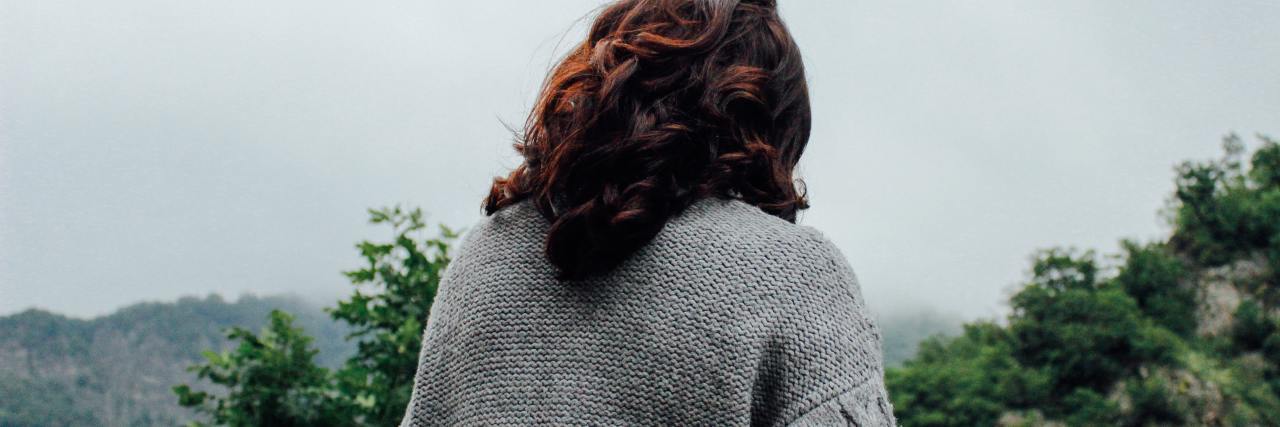These days we hear a lot about privilege — class privilege, white privilege, first-world privilege, male privilege — and, I’m sure, many more. The idea is that people who have privilege don’t have problems that other people deal with every day. In fact, they don’t usually realize that they have this privilege and benefit from it.
I know that I am privileged in many ways. I have a house, a husband and work I can do. I have an Ivy League education and grew up in the suburbs, the child of loving parents who never divorced.
But what I don’t have is mental health privilege. I have bipolar disorder.
When a person has mental health privilege, they don’t have to take multiple medications just to keep their brain functioning in something like a “normal” manner. You won’t get pill-shamed for the meds you take or have random people suggest your problems will all be solved with prayer, yoga, apple cider vinegar or acupuncture.
(I do recognize there are many people who take meds for a variety of disorders, including life-threatening ones. I don’t mean to discount their struggles. Physical health privilege and ableist privilege also exist.)
When you have mental health privilege, you don’t have to question whether or when you should inform a boss, a potential employer, or a friend or romantic partner that you have a mental disorder. You don’t have to fear that this one fact will make it more unlikely that you can achieve a stable work situation (or any work situation) or a stable relationship.
When you have mental health privilege, you don’t have to try to find a therapist who specializes in your problem and can actually help you. You don’t have to repeat your whole psychiatric history every time your therapist gets another job, causing you to start all over with a new therapist. You also don’t have to ask your primary care physician, who may or may not know much about psychotropic meds, to prescribe for you until you find a psychiatrist or when one isn’t even available to you.
When you have mental health privilege, you don’t worry that people will avoid you because you act “peculiar,” miss appointments and dates, or can’t handle crowds or even family gatherings.
When you have mental health privilege, you don’t have to fear that you may have to stay for a while in a psychiatric ward or have treatments like electroconvulsive therapy (ECT).
When you have mental health privilege, you won’t get shot by a police officer just because you have a meltdown, a really bad day or a psychotic break.
Mental health privilege is, largely, another form of health privilege, ableist privilege and stigma. It may be unconscious. Even if you have a mental illness, you may not realize that you are affected by the assumptions and actions of people who know little to nothing about your situation.
Education about mental health privilege may or may not help. Many people pooh-pooh the idea of any kind of privilege and bridle at the idea that they themselves have privilege by virtue of their health, sex, economic status or other attributes. Some people’s eyes can be opened. (My husband didn’t recognize male privilege until I pointed out that no one suggested he change his name when we married or that we were “shacked up” because he didn’t.)
It’s understandable, in a way. People have a hard time envisioning that they themselves might ever be mentally ill or poor or homeless or denied work or discriminated against in any number of ways.
But with mental health privilege, it’s even more difficult to get people to understand. Until a close friend or family member faces mental or emotional difficulties — experiences post-traumatic stress disorder (PTSD), experiences major depression, develops schizophrenia — people will not usually have the opportunity to realize the mental health privilege they have. And they may not even then.
As with any kind of privilege or stigma, if there is to be any improvement, people need to be educated. It’s not easy to open their eyes. But doing so can make a difference in the lives of people who do not share that privilege.
Photo by Teymur Gahramanov on Unsplash

